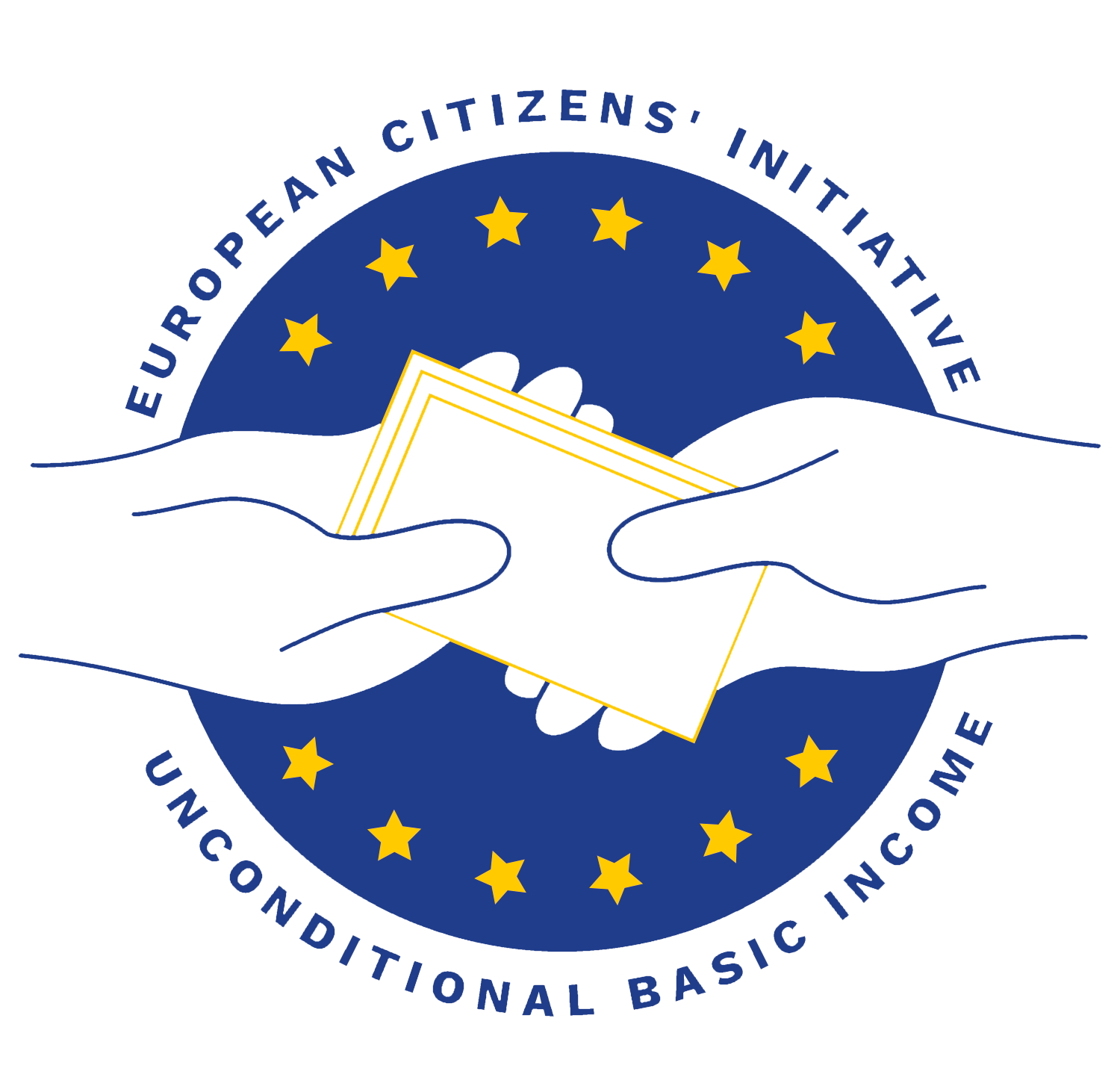Case For Universal Basic Income Grows Internationally
Tuesday 01 September, 2020 Written by Simon Collyer/World Economic Forum
UNIVERSAL BASIC INCOME - Calls for (UBI) Universal Basic Income is growing in the COVID-19 pandemic.
Starting this week, 120 Germans will receive a form of universal basic income every month for three years.
The volunteers will get monthly payments of €1,200, or about $1,400, as part of a study testing a universal basic income.
The study will compare the experiences of the 120 volunteers with 1,380 people who do not receive the payments.
Supporters say it would reduce inequality and improve well-being, while opponents argue it would be too expensive and discourage work.
Germany is about to become the latest country to trial a universal basic income, starting a three-year study of how it affects the economy and recipients' well-being.
As part of the study, 120 people will receive €1,200, or about $1,430, each month for three years — an amount just above Germany's poverty line — and researchers will compare their experiences with another group of 1,380 people who will not receive the payments.
The study, conducted by the German Institute for Economic Research, has been funded by 140,000 private donations.
ABC Note: A Basic Income is a periodic cash payment unconditionally delivered to all on an individual basis, without means-test or work requirement.
Have you read?
Universal basic income is the answer to the inequalities exposed by COVID-19
Coronavirus has shown us why we urgently need to make a basic income a reality
Finland's basic-income trial found people were happier, but weren't more likely to get jobs
All participants will be asked to complete questionnaires about their lives, work, and emotional state to see whether a basic income has had a significant impact.
Universal basic income is the idea that a government should pay a lump sum of money to each of its citizens, usually once a month, regardless of their income or employment status, effectively replacing means-tested benefits.
Its proponents argue that it would reduce inequality and improve well-being by providing people more financial security. Its opponents say it would be too expensive and discourage people from going to work. The idea has gained traction in recent years amid financial crises and growing inequality in some Western countries.
Jürgen Schupp, who is leading the study, told the German newspaper Der Spiegel that it would improve the debate about universal basic income by producing new scientific evidence.
"The debate about the basic income has so far been like a philosophical salon in good moments and a war of faith in bad times," he told the newspaper.
"It is — on both sides — shaped by clichés: Opponents claim that with a basic income people would stop working in order to dull on the couch with fast food and streaming services. Proponents argue that people will continue to do fulfilling work, become more creative and charitable, and save democracy.
"Incidentally, these stereotypes also flow into economic simulations as assumptions about the supposed costs and benefits of a basic income.

ABC Comment, have your say below:

Leave a comment
Make sure you enter all the required information, indicated by an asterisk (*). HTML code is not allowed.
Join
FREE
Here










